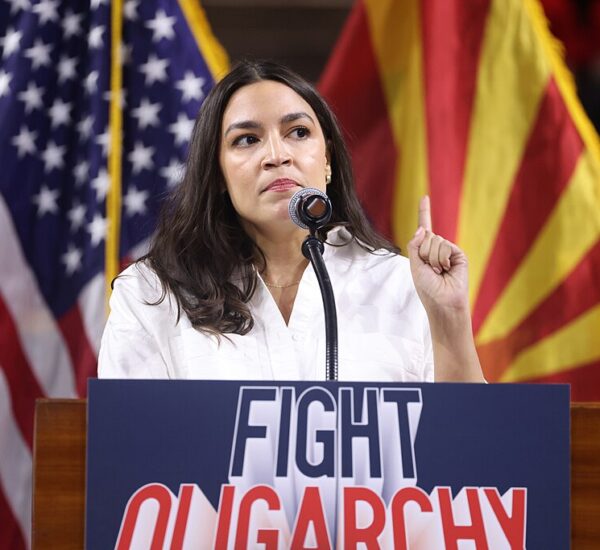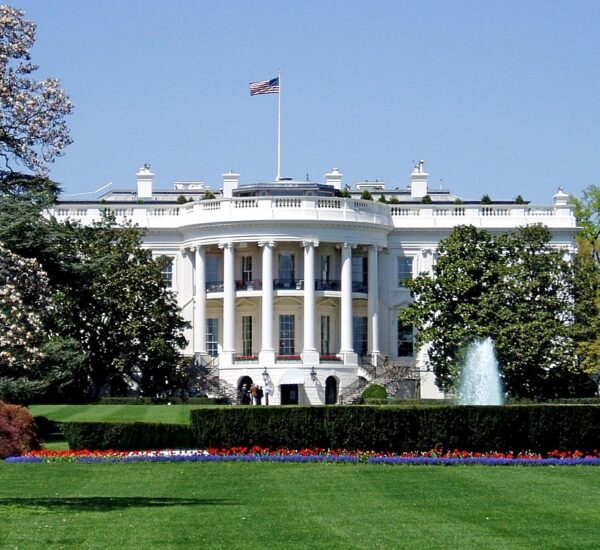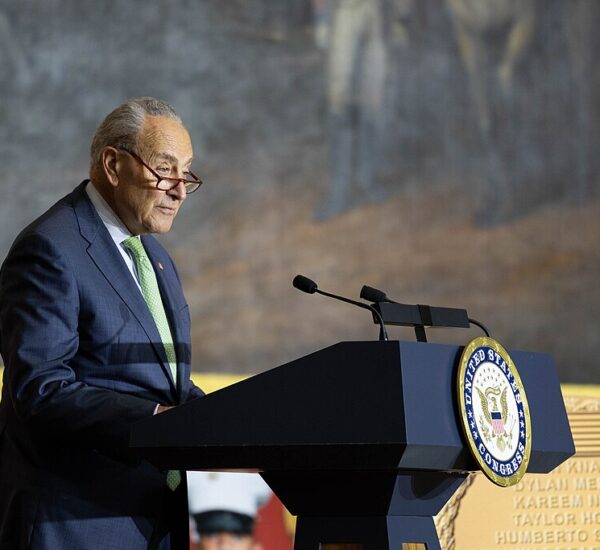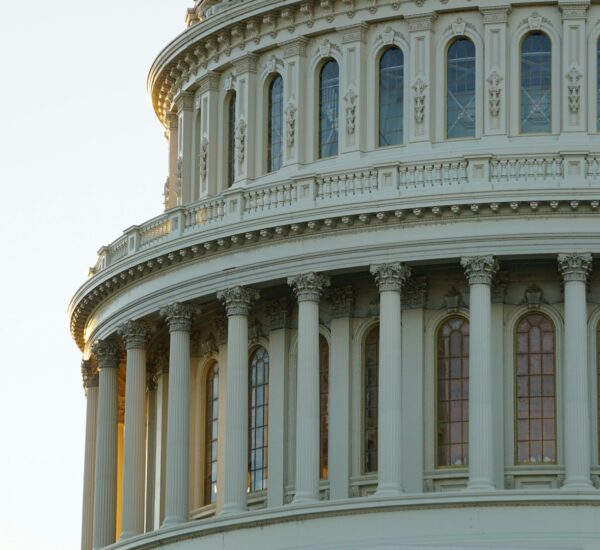Congress Prepares to Vote on Landmark Election Integrity Bill as Hillary cries!
As Congress nears a critical vote on the Safeguarding American Voter Eligibility Act (SAVE Act), the bill is igniting fierce debate over voter integrity, election security, and voter rights. The SAVE Act, championed by Republicans and supported by President Donald Trump, aims to strengthen voter registration procedures and prevent noncitizen voting. However, Democrats, including Hillary Clinton and Nancy Pelosi, argue it could create obstacles for millions of Americans—particularly married women, military personnel, and seniors.
What the SAVE Act Would Do
The SAVE Act proposes strict new rules to ensure only American citizens can register to vote. Under the legislation, voters would be required to show proof of citizenship through documents such as:
- Birth certificates
- U.S. passports
- Naturalization certificates
Approximately 146 million Americans do not currently possess passports, and around 69 million married women have identification documents that differ from their birth certificates, prompting fears from opponents that the new rules could create logistical hurdles at voter registration offices.
Supporters: Protecting America’s Elections
Proponents argue these measures are critical to maintaining the integrity of elections. President Trump has strongly supported the legislation, stating recently on Truth Social:
“If Republicans don’t pass the SAVE Act fully, they shouldn’t agree to a Continuing Resolution in any form.”
Congressman Chip Roy (R-TX), the bill’s sponsor, insists these measures are necessary, arguing that “millions of illegal aliens remain in our country illegally,” potentially influencing election outcomes. Roy also rejected accusations from critics, calling them “absurd” and “partisan speculation.”
Critics: Potential Burdens for Seniors, Women, and Veterans
Democrats and voting advocacy groups have expressed concern over the SAVE Act’s potential unintended consequences. Former Secretary of State Hillary Clinton warned married women on social media, saying it would become “much harder for you to vote” if their documents don’t match. Democratic leaders Nancy Pelosi and Becca Balint echoed similar warnings, stressing possible impacts on voters including:
- Married women with name changes
- American troops deployed overseas
- Older Black Americans born at home without official documents
Pelosi described the act as creating “wildly unnecessary roadblocks” for voters, particularly impacting up to 7 million Californians alone.
Penalties for Poll Workers Raise Concerns
Another controversial provision of the SAVE Act would impose harsh penalties on poll workers. Jonathan Diaz of the Campaign Legal Center explained:
“Election workers could face criminal prosecution for minor errors, potentially discouraging civic participation and complicating voter registration.”
Voter Fraud Concerns: Legitimate Issue or Overblown?
While the SAVE Act is presented as a response to voter fraud, audits, including a notable 2024 report by Georgia Secretary of State Brad Raffensperger, found extremely low rates of noncitizen voting—only 20 confirmed cases out of 8.2 million voters. Supporters argue even small instances of voter fraud must be prevented to preserve voter trust.
Historical Context and Judicial Challenges
Arizona faced legal setbacks in 2022 attempting similar reforms. Courts struck down those laws, citing civil rights concerns. Critics like Genesis Robinson of Equal Ground Action Fund argued that mandatory documentation could effectively serve as a “poll tax,” creating unnecessary financial burdens for voters.
What’s Next: A Pivotal Moment
With Congress voting imminently, the SAVE Act faces an uncertain path. Passage in the Republican-led Senate could signal significant changes in voter registration nationwide, shaping election integrity debates for years to come.
Conservative Voices: Protecting Election Integrity
Republican supporters emphasize the necessity of election integrity measures to ensure fair, secure elections. Conservative voters, particularly those over 50, often prioritize national security, voting transparency, and strict immigration enforcement—values they feel this legislation represents.







Everyone should be able to obtain a legal document to prove identity. If we do not stand behind this bill, the elections will not be protected. Americans should fight to hold only legitimate elections either only Americans voting.